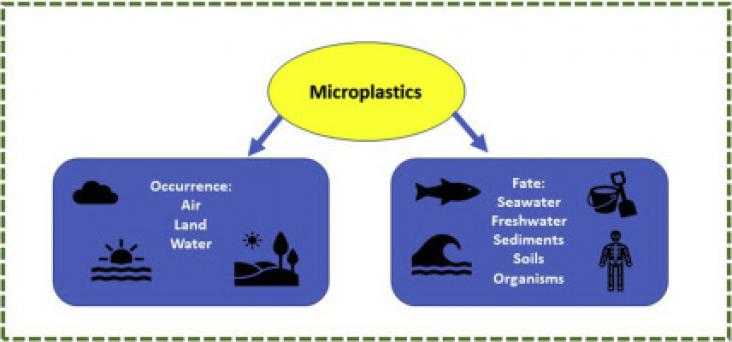The global market for plant-based foods intended as alternatives to cheese products is increasing and will reach almost $4 billion by 2024.
Substitution of beef with alternative proteins is one practical trend taken by industry and consumers to reduce the negative impact of convenience products on the environment.
The mounting research on consumer behavior and climate change is gradually improving our understanding of effective ways to mobilize consumers to mitigate climate change.

Microplastics (MPs) are found in all conceivable media from air, sediments, soils, freshwater, seawater, and organisms, including humans.
Emerging Issues in Climate Smart Livestock Production, Biological Tools and Techniques, 2022, Pages 71-90
Gregory Lazarev, Chapter 8 - Pastoralism as a response to climate change and water security in Mediterranean mountains and forests, Editor(s): Nadia El-Hage Scialabba, Managing Healthy Livestock Production and Consumption, Academic Press, 2022, Pages 123-127,

Ethiopia has experienced rapid urbanization over the past three decades. Several cities expanded rapidly and many satellite towns sprung up around the major cities.
